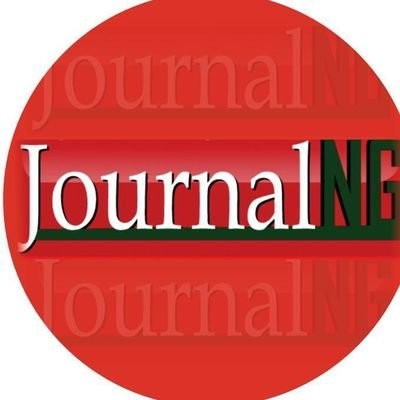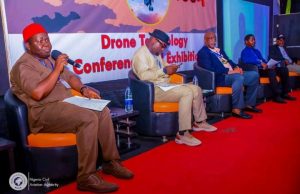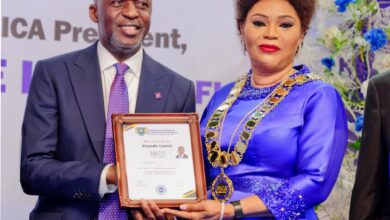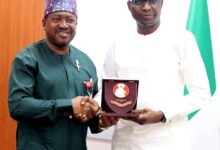

The Director General of Nigeria Civil Aviation Authority (NCAA) , Capt. Chris Najomo, has enjoined stakeholders to set up a robust regulatory framewok for the Unmanned Aircraft Systems (UAS) sector in Nigeria to thrive .
During the 5th Dronetecx event in Lagos, he emphasized the NCAA’s dual role as a regulator and a proponent of technological advancement, while stating the need to harmonize safety protocols, foster innovation, and align with national development goals.

He stated the impact of UAS technology globally, in various sectors such as agriculture, infrastructure, healthcare, and environmental monitoring, all areas crucial to Nigeria’s progress.
The DGCA emphasised that the NCAA regulations is based on three crucial pillars: safety, security, and innovation. He stressed that these pillars form the foundation of what he called a modern and effective Nigeria drone regulatory framework. He spoke about the importance of moving beyond basic compliance towards a future-oriented regulatory philosophy that anticipates challenges and promotes both resilience and global competitiveness.

While listing the NCAA’s proposed regulatory strategies, the DGCA explained the development of a risk-based framework that will categorize drones based on operational parameters and complexity. He said this framework will incorporate global standards from the International Civil Aviation Organization (ICAO) and the Specific Operations Risk Assessment (JARUS SORA) methodology, tailored to Nigeria’s specific geospatial and socio-economic context.
The key initiatives highlighted by the DGCA include the establishment of mandatory type certification for UAS designs, the implementation of a national UAS registry with real-time tracking capabilities, the deployment of geo-fencing technologies to protect sensitive airspace, and collaboration with the Office of the National Security Adviser on integrating anti-drone systems.

To foster expertise and public understanding, the NCAA plans to launch a National UAS Academy and conduct public awareness campaigns. The NCAA also aims to cultivate public-private partnerships and create a Multi-Agency Task Force to ensure streamlined governance across relevant sectors.
He called upon industry leaders to embrace ethical self-regulation, urged academia to prioritize UAS research, and encouraged legislators to support forward-thinking policies.












vvros5